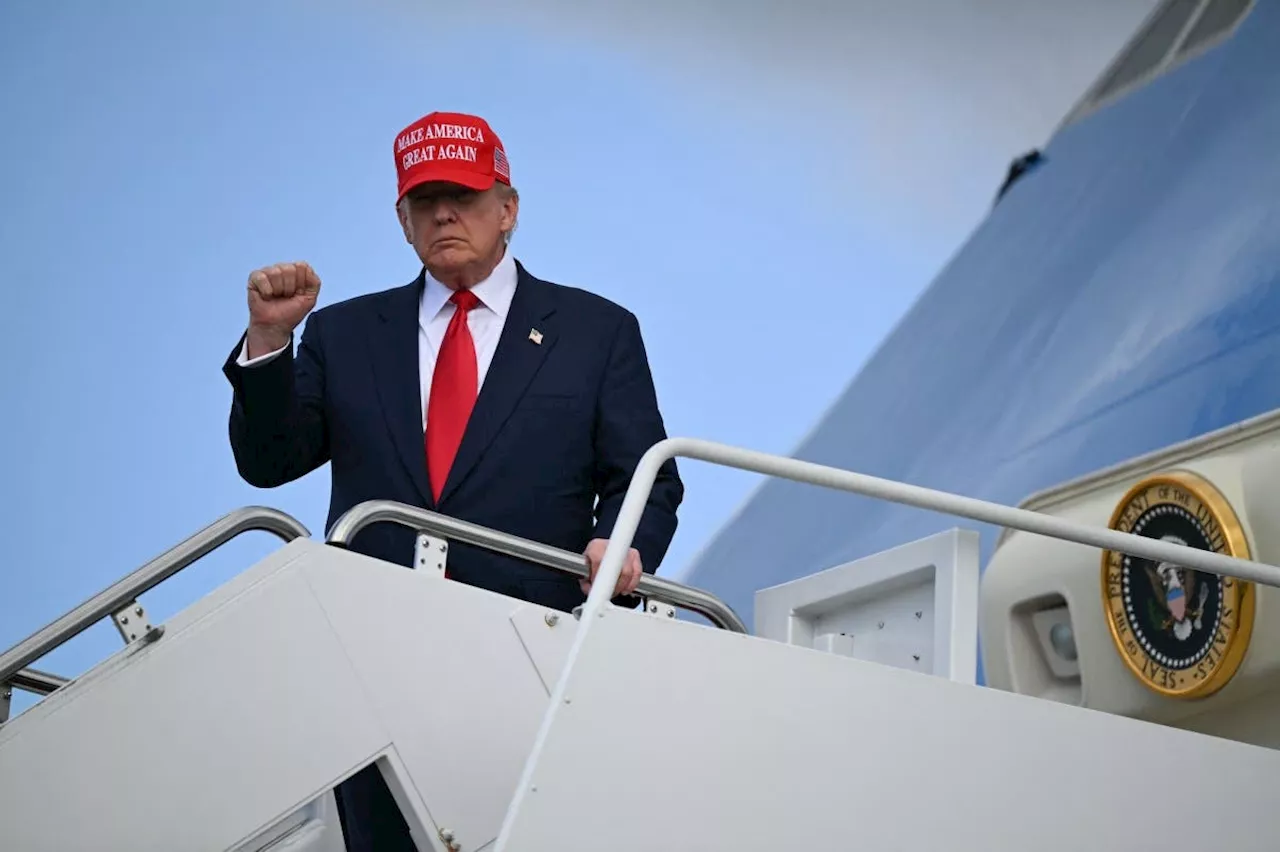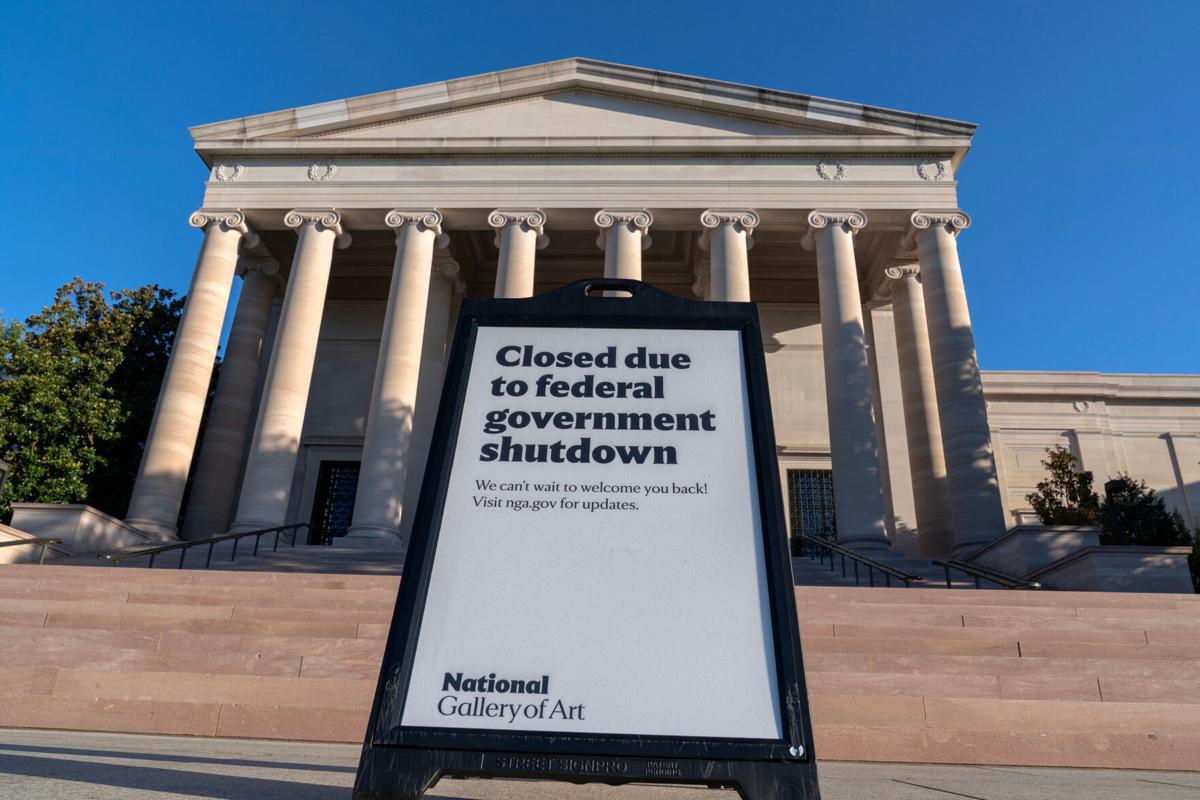Steve Bannon’s recent assertion that former President Donald Trump will serve a third term has stirred significant debate about the implications for the United States and its constitutional framework. Despite clear restrictions imposed by the 22nd Amendment, Bannon’s remarks signal a growing willingness among some Republican figures to entertain notions that challenge established norms.
In an interview, Bannon confidently declared, “Trump is going to be president in ’28, and people just ought to get accommodated with that.” He suggested that Trump’s inner circle has developed plans to circumvent the constitutional prohibition on a third presidential term, although he did not provide specific details on these alternatives. The 22nd Amendment, ratified in 1951, explicitly states, “No person shall be elected to the office of the President more than twice,” a provision designed to prevent any leader from seeking an indefinite hold on power.
Bannon’s comments come at a time when the political atmosphere in the United States appears increasingly polarized. The conversation surrounding Trump’s potential return to the White House has sparked concerns about the erosion of democratic principles and the rule of law.
Bannon’s proposal of a “vice-presidential” workaround, where Trump could run alongside a loyal candidate and reclaim the presidency later, faces legal hurdles as well. The 12th Amendment states, “No person constitutionally ineligible to the office of President shall be eligible to that of Vice President.” This provision effectively closes off such strategies for circumventing the law.
Additionally, discussions of amending the 22nd Amendment seem implausible, given that any amendment requires a two-thirds majority in both chambers of Congress and ratification by three-fourths of state legislatures. Achieving this level of bipartisan support appears highly unlikely amid the current political climate.
The implications of Bannon’s claims extend beyond legal interpretations. They raise fundamental questions about the state of American democracy and the potential for the normalization of what was once considered unthinkable. Each mention of “Trump 2028” reduces the threshold of disbelief and may lead to a gradual acceptance of authoritarian rhetoric.
The Supreme Court, should it be called upon to address such matters, would find little room for interpretation. The text and history of the 22nd Amendment are clear, yet the Court’s authority has been undermined by years of political contention. Should it hesitate or yield to political pressures, it risks further diminishing its credibility in the eyes of the public.
Republican lawmakers are also facing a critical test. Many within the party recognize the dangers posed by endorsing a third term for Trump, yet a pervasive silence indicates a reluctance to confront the issue directly. Concerns about alienating Trump’s base or facing primary challenges appear to overshadow their duty to uphold constitutional integrity.
The ongoing dialogue about a potential “Trump 2028” presidency should have concluded swiftly given the constitutional barriers in place. That it continues suggests a troubling shift in the political landscape where Trump’s influence has made once outrageous ideas seem worthy of debate.
The world watches as the United States grapples with these developments, unsure of whether to laugh or to cry. The persistence of these discussions serves as a reminder of the challenges facing American democracy and the importance of adhering to constitutional principles.







